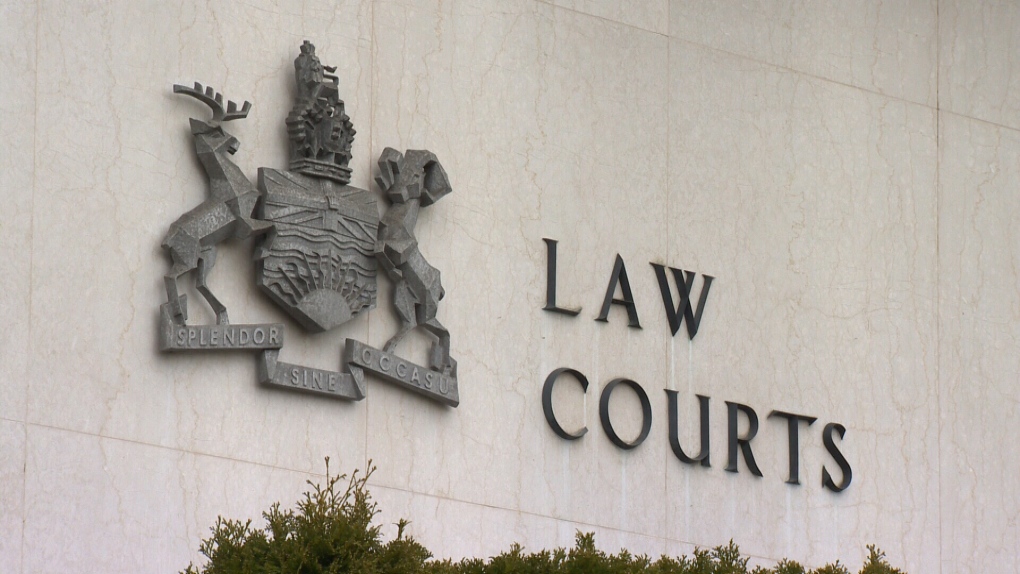
Port McNeill RCMP violated suspect's Charter rights during detention, judge rules
CTV
Mounties in Port McNeill violated a suspect's Charter rights by failing to allow him to contact a lawyer promptly after his 2019 drug trafficking arrest, a judge has ruled.
Mounties in Port McNeill violated a suspect's Charter rights by failing to allow him to contact a lawyer promptly after his 2019 drug trafficking arrest, a judge has ruled.
As a result of the decision, Crown prosecutors cannot rely on evidence gained from the search of two homes in their case against Alexander Morgan Haenisch.
B.C. Supreme Court Justice Robin A. M. Baird issued his voir dire decision in the case on Feb. 28, but it was posted online Friday.
A voir dire is, essentially, a trial within a trial to determine the admissibility of evidence.
According to the decision, Haenisch argued that Port McNeill RCMP officers had violated his rights under both section 9 and section 10 of the Canadian Charter of Rights and Freedoms when they arrested him on Feb. 6, 2019.
Section 9 of the Charter protects the right to be free from arbitrary arrest or detention, and Baird found that police did not violate this section when arresting Haenisch.
Officers had compiled "a compendium of credible, compelling and corroborative evidence showing the accused was probably dial-a-doping," the judge wrote in his decision. Because of this, there were ample grounds to arrest him without a warrant.




















 Run 3 Space | Play Space Running Game
Run 3 Space | Play Space Running Game Traffic Jam 3D | Online Racing Game
Traffic Jam 3D | Online Racing Game Duck Hunt | Play Old Classic Game
Duck Hunt | Play Old Classic Game